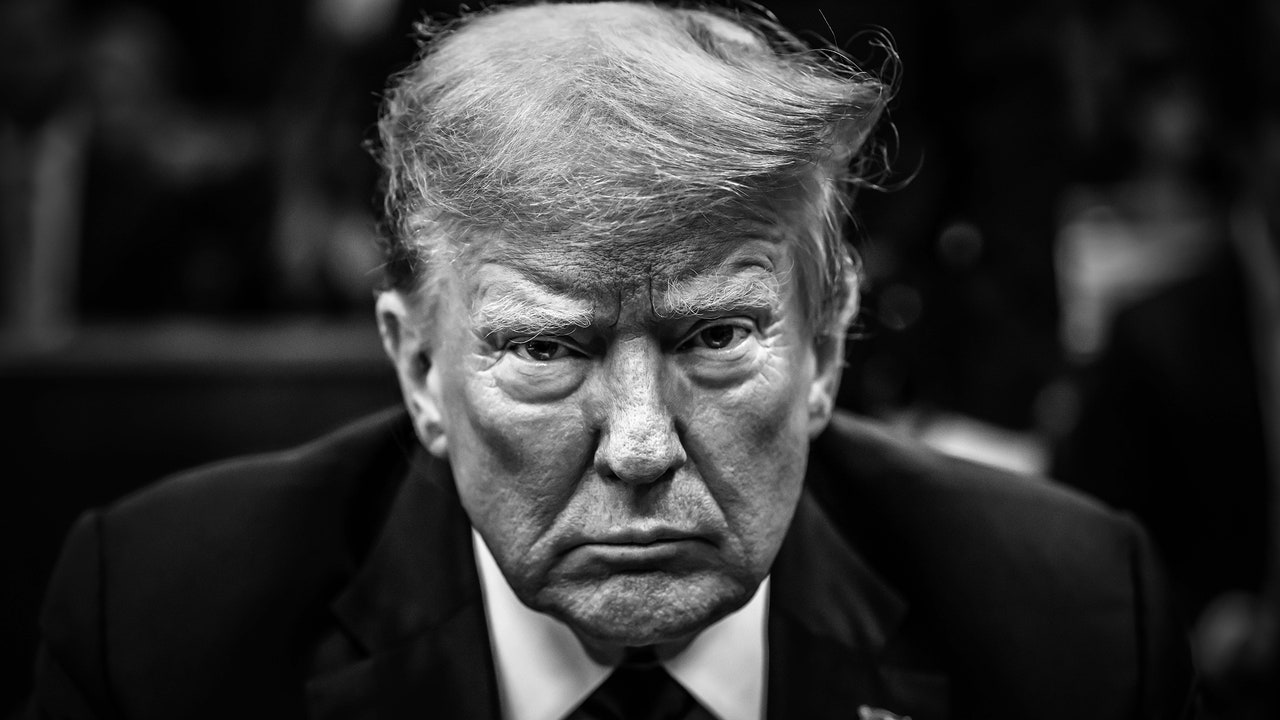Trump has always been a presence, not an absence: the presence of fascism. What does this mean?
When the Soviets called their enemies “fascists,” they turned the word into a meaningless insult. Putinist Russia has preserved the habit: a “fascist” is anyone who opposes the wishes of a Russian dictator. So Ukrainians defending their country from Russian invaders are “fascists.” This is a trick that Trump has copied. He, like Vladimir Putin, refers to his enemies as “fascists,” with no ideological significance at all. It is simply a term of opprobrium.
Putin and Trump are both, in fact, fascists. And their use of the word, though meant to confuse, reminds us of one of fascism’s essential characteristics. A fascist is unconcerned with the connection between words and meanings. He does not serve the language; the language serves him. When a fascist calls a liberal a “fascist,” the term begins to work in a different way, as the servant of a particular person, rather than as a bearer of meaning.
[…]
Fascism is a phenomenon, not a person. Just as Trump was always a presence, so is the movement he has created. It is not just a matter of the actual fascists in his movement, who are scarcely hiding, nor of his own friendly references to Hitler or his use of Hitlerian language (“vermin,” “enemy within”). He bears responsibility for what comes next, as do his allies and supporters.
Yet some, and probably more, of the blame rests with our actions and analysis. Again and again, our major institutions, from the media to the judiciary, have amplified Trump’s presence; again and again, we have failed to name the consequences. Fascism can be defeated, but not when we are on its side.



Not every country plagued by corruption is fascist, but every fascist country has been plagued by corruption.